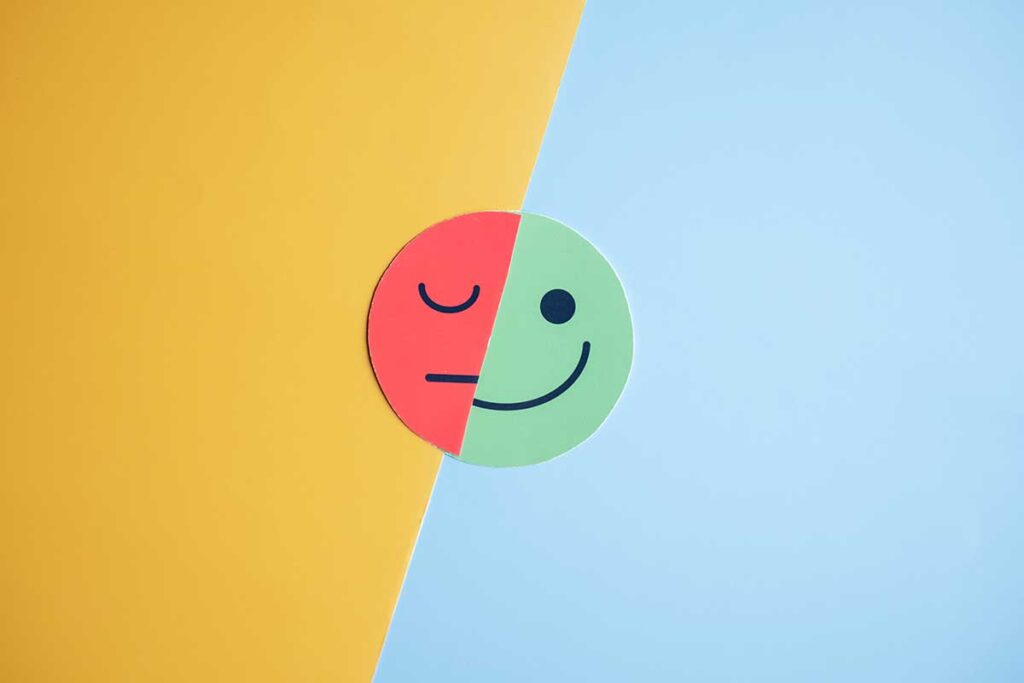Alcohol consumption and mental health are intricately connected, often creating a challenging cycle where each exacerbates the other. Understanding this relationship is crucial for those seeking recovery. Whether you are an adult or a teen, we can help support you. Reach out to our alcohol treatment center in Boise today.
Does Alcohol Cause Depression and Anxiety?
Alcohol consumption has long been associated with mental health issues, particularly depression and anxiety. Many people turn to alcohol as a means of coping with stress, but the reality is that it can actually make these conditions worse. It’s understandable that someone struggling with depression or anxiety may turn to alcohol as a way to temporarily escape their feelings, but in the long run, it can have devastating effects on their mental health.
Effects of Alcohol on the Brain
Alcohol interferes with the brain’s communication pathways, affecting the way the brain functions. These disruptions can alter mood and behavior, impair cognitive functions, and increase the risk of mental health disorders. 1 Alcohol is a depressant, which means it slows down the functioning of the central nervous system. This can lead to feeling more relaxed and uninhibited in social situations, but it also alters brain chemistry and can cause changes in mood. Over time, excessive alcohol consumption can damage the brain’s neurotransmitters, making it difficult for individuals to experience pleasure without alcohol.
How Alcohol Affects the Body
Beyond the brain, alcohol impacts various bodily systems. Chronic consumption can lead to liver diseases such as cirrhosis, cardiovascular problems like hypertension, and a weakened immune system, making the body more prone to infections. 1 These physical health issues can also contribute to the development of mental health disorders, as chronic pain or sickness can increase stress and worsen symptoms of depression and anxiety.
The Link Between Depression and Anxiety
Regular alcohol use has been linked to a higher prevalence of mental health conditions, including depression and anxiety. The National Institute on Alcohol Abuse and Alcoholism (NIAAA) reports that individuals with alcohol use disorder (AUD) often experience co-occurring mental health conditions.2
Depression and anxiety frequently co-occur, and alcohol use can exacerbate the symptoms of both. Individuals may consume alcohol to alleviate feelings of sadness or nervousness, but this often leads to a worsening of symptoms over time.
Self-Medicating with Alcohol
Many individuals with depression or anxiety turn to alcohol in an attempt to manage their symptoms. While alcohol may provide temporary relief, it ultimately disrupts brain chemistry, leading to increased anxiety and depressive symptoms.
Drinking Alcohol with Antidepressants
Combining alcohol with antidepressant medications can be dangerous. Alcohol can interfere with the effectiveness of these medications and may increase side effects, leading to heightened depression and anxiety.
How Alcohol Contributes to Depression Symptoms
Alcohol is a central nervous system depressant that can lower serotonin and norepinephrine levels—neurotransmitters associated with mood regulation. This chemical imbalance can intensify depressive symptoms and lead to a cycle of increased alcohol consumption and worsening depression.
Tips for Managing Depression and Alcohol Consumption
Seek Professional Help
Engage with healthcare providers who can offer guidance and treatment tailored to your needs.
Develop Healthy Coping Mechanisms
Incorporate activities such as exercise, meditation, or hobbies to manage stress and reduce reliance on alcohol.
Build a Support Network
Connect with support groups, friends, or family members who understand your struggles and can provide encouragement.
Set Realistic Goals
Establish achievable objectives for reducing alcohol intake and monitor your progress regularly.
Call Zelus Recovery Today
At Zelus Recovery, we understand the intricate link between alcohol use and mental health disorders. Our dual diagnosis program is designed to address both issues simultaneously, providing a comprehensive approach to recovery. We can help you navigate the path to sobriety and improved mental health. Contact us online or call 208.518.0797 to learn more about our alcohol treatment programs and take the first step toward a healthier future.
Sources:





